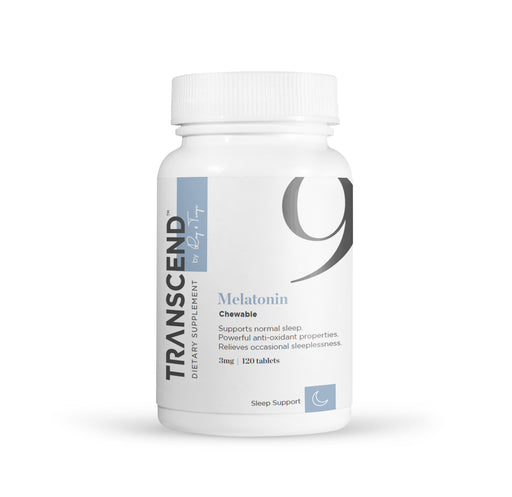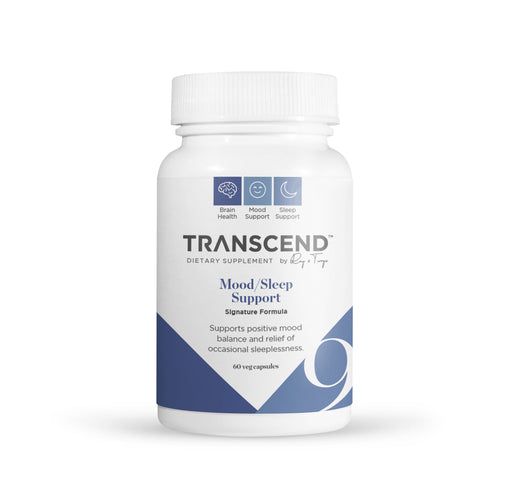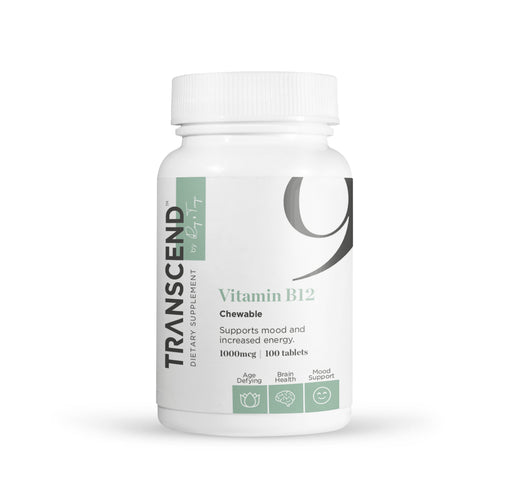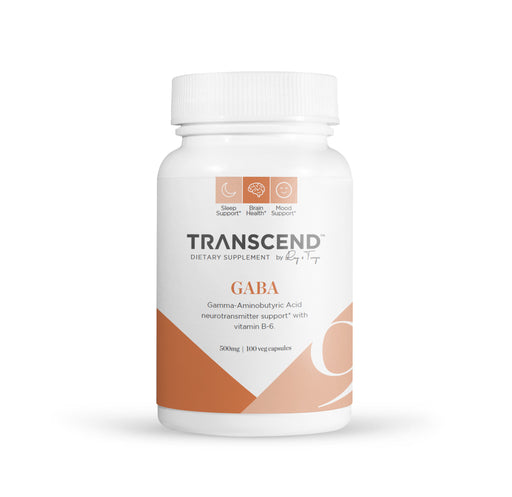
Melatonin
Found to extend the life span of laboratory animals 25 percent4,5,6 Displays powerful anti-oxidant properties7 Shown to stimulate the immune sy...
View full details
Did you know that 200 unique viruses can cause the common cold or flu? With the sniffly season upon us, we’re all searching for practical strategies to enhance our immunity. This year, COVID-19 concerns mean that consistent immune-boosting habits are more critical than ever.
The dark and dreary winter months are often marked by sedentary time spent indoors, coupled with less-than-ideal nutrition, sunlight exposure, and exercise. Prolonged deficiencies in any of these can result in compromised immune function, even for the healthiest among us.
Flu activity usually peaks between December and February but can last well into the spring. Being well-prepared and maintaining healthy habits will give you a leg up on making it through unscathed.
Our body’s ability to fight infections starts with what we put in it. Like any other machine, we need the right fuel and maintenance to perform well.
While no single food can prevent you from getting sick, a well-balanced diet of natural foods is the best place to start. Pack your meals with proteins, vegetables, and fruits that contain key immune-boosting vitamins and minerals we’ll touch on later.
Don't forget to drink plenty of water throughout the day, either. When you're well-hydrated, your body is better able to transport nutrients between organs and tissues, helping maintain health and immunity at the cellular level. The U.S. National Academies of Sciences, Engineering, and Medicine’s recommendation for daily water consumption is:
Ready to amp up water’s immune-boosting power? Many teas contain compounds called flavonoids, which are antioxidants that help your body stave off infections. Green and black teas also boast high levels of L-theanine — a compound that helps your immune system counter bacterial, viral, fungal, and parasitic infections. But be mindful — many teas contain caffeine, which can affect your sleep. Don’t consume more caffeine than your body is comfortable ingesting.
It’s worth noting that extended time without food can increase stress levels and produce undesirable hormones like cortisol, putting your immune system in a compromised state. Make sure your body has the energy it needs to keep your immune system in peak condition.
Vitamin D helps the body produce immune cells to regulate antimicrobial proteins that help your body stave off infections. The best way to get vitamin D is natural sunlight, but foods like fish or egg yolks contain a substantial amount of it. It’s also worth considering all-natural supplements to counteract a lack of sunshine in your area or if your diet doesn’t consist of high-vitamin D foods.
“Getting vitamin D levels high is job one [when it comes to boosting your immunity]. Most people should aim for 5,000 IUs per day, while those battling autoimmune diseases should start with 10,000 IUs per day.” — Steven Gundry, MD, medical director at the International Heart and Lung Institute.
Vitamin C is also well known for its ability to fight infections and reduce the duration of common colds. Humans are the only mammals that don’t organically produce vitamin C, so we have to make a concerted effort to ingest a healthy amount.
Vitamin C heightens the body’s antioxidant activity and aids in the absorption of other nutrients like iron, contributing to overall immune health. Research shows that sufficient vitamin C intake is also associated with decreased risk of certain chronic diseases, including cardiovascular disease, cancer, and neurological conditions.
When it’s snack time, reach for citrus fruits, kiwis, tomatoes, bell peppers, or leafy greens like broccoli and spinach to get the job done. When your favorite fruits and veggies aren’t available, consider adding a vitamin C supplement to your health and wellness regimen.
When we’re asleep, our bodies have time to rest and replenish our cells. One study by Carnegie Mellon University showed that people who sleep for eight hours per night generate better antibody responses when exposed to harmful viruses. Here are some tips to help your body recover during sleep:
Staying busy can be a source of pride for some, but too much work isn't good for our bodies. Mental burnout and high levels of stress can cause significant emotional and physical repercussions. Prolonged periods of stress have been shown to negatively rewire your cognitive connections, in a way that weakens your body’s ability to fight infections.
If you’re feeling particularly stressed or anxious, try meditating, journaling, or mindfulness exercises to expel negative emotions that could compromise your immunity.
Luckily, the best ways to enhance your immunity are also the simplest. Make sure these habits are part of your daily routine.
Cold and flu season can pose a challenge to our immunity, and in 2020, strengthening our ability to fight infections is top of mind. These strategies aren't exclusive to cold and flu season, though—you can easily incorporate them into your year-round health and wellness routine.
Stay safe and stay healthy!

Found to extend the life span of laboratory animals 25 percent4,5,6 Displays powerful anti-oxidant properties7 Shown to stimulate the immune sy...
View full details Sold out
Sold out
A Kurzweil + Grossman Formula Stimulate serotonin production Improve outlook and mood Support healthy sleep patterns Natural formula for a balanc...
View full details
Increased energy Improve mood Fight fatigue Common deficiency Better absorption Vitamin B12 (also called cobalamin) is one of eight water-solu...
View full details
Improve mood Alleviate anxiety Maintain healthy sleeping patterns GABA ( γ-Aminobutyric acid) is the primary inhibitory neurotransmitter in the ...
View full details
Leave a comment